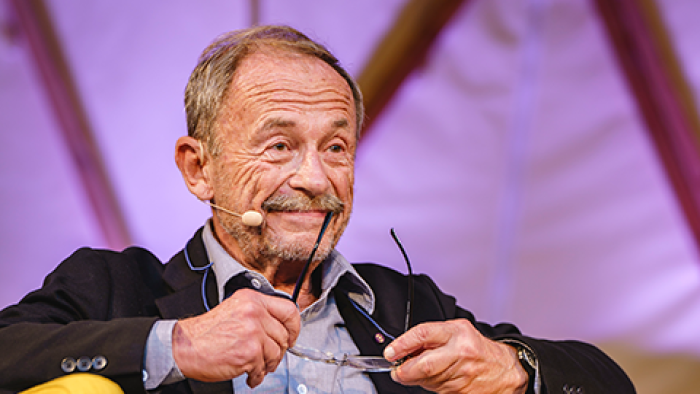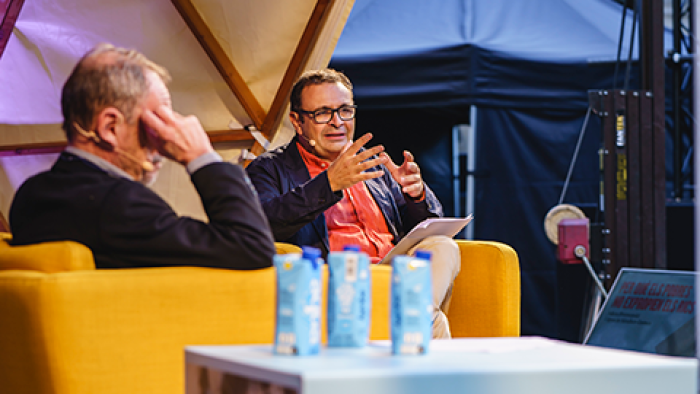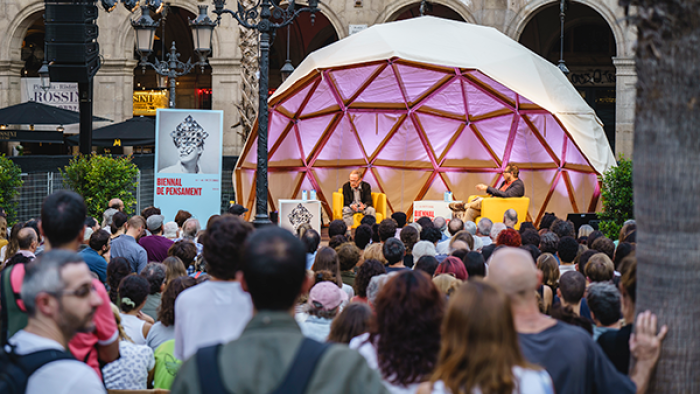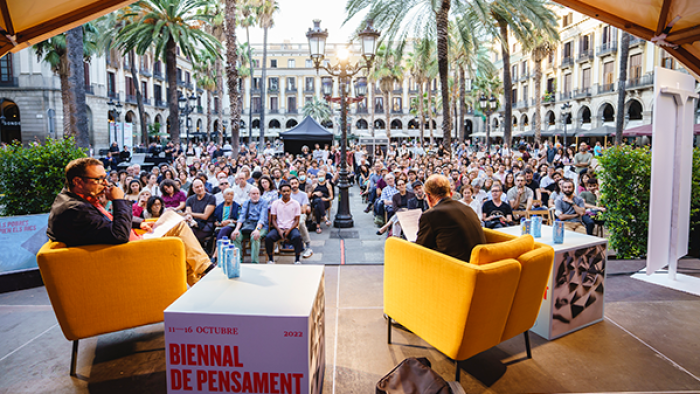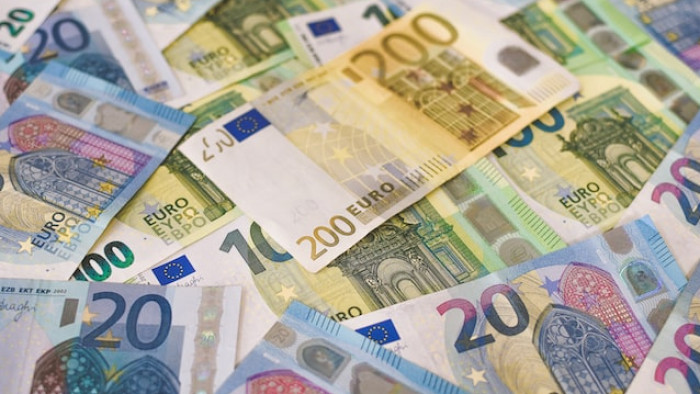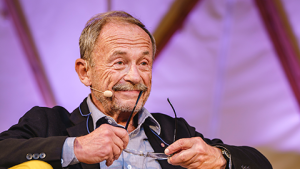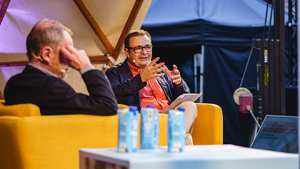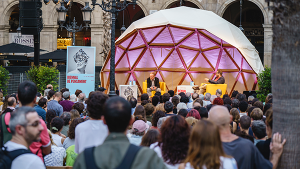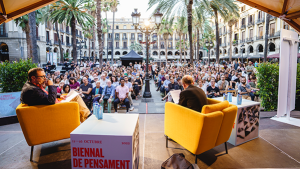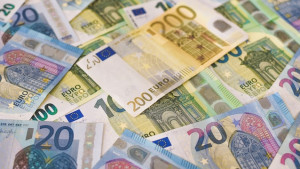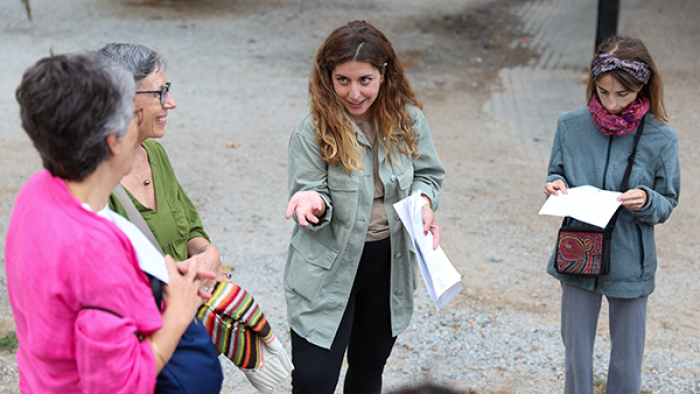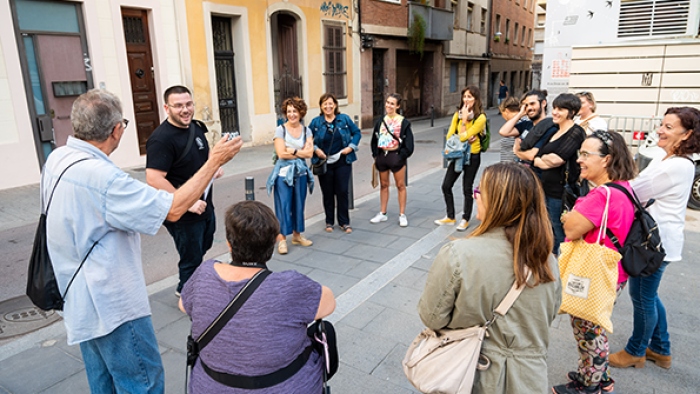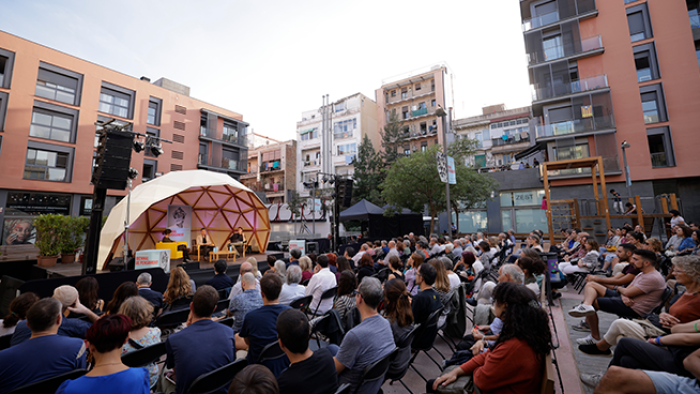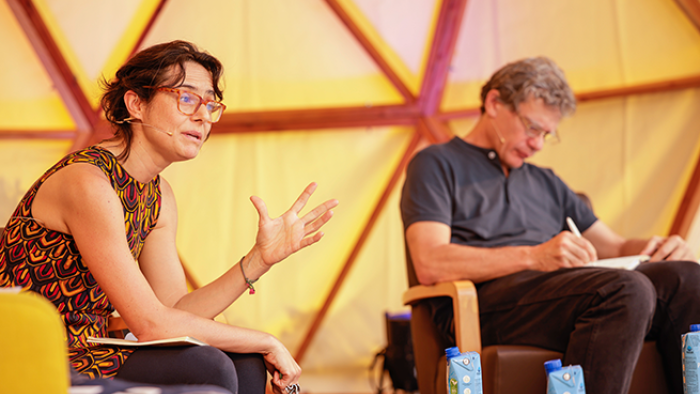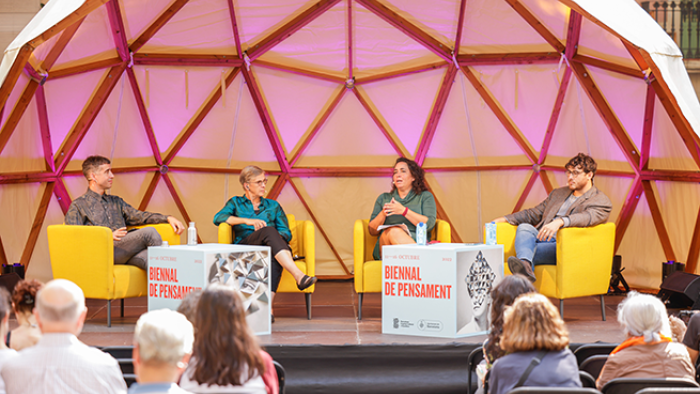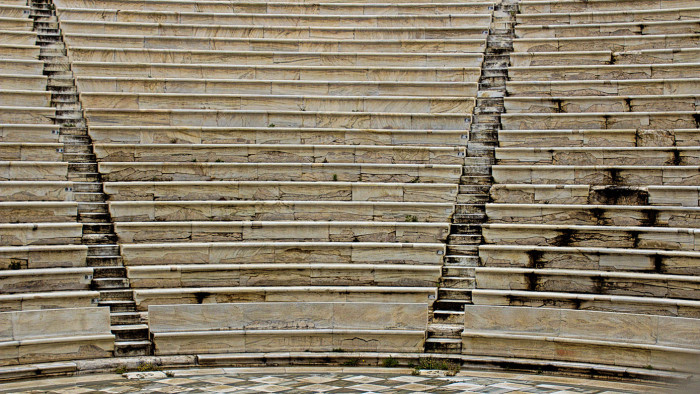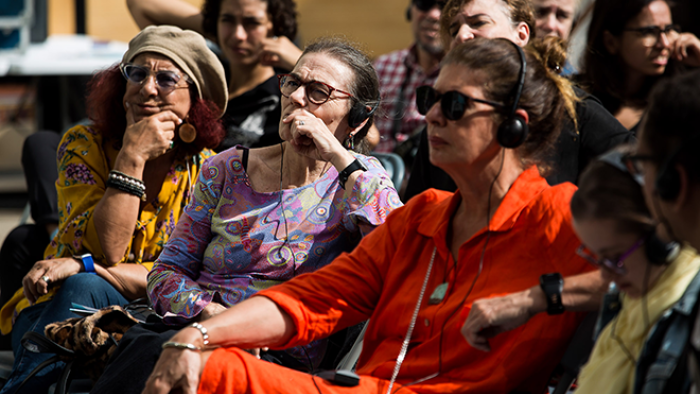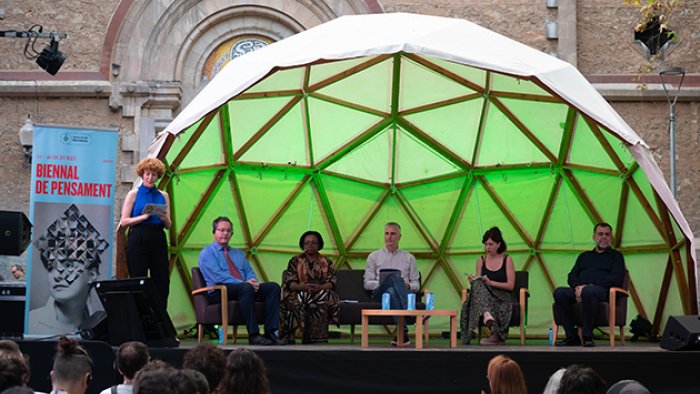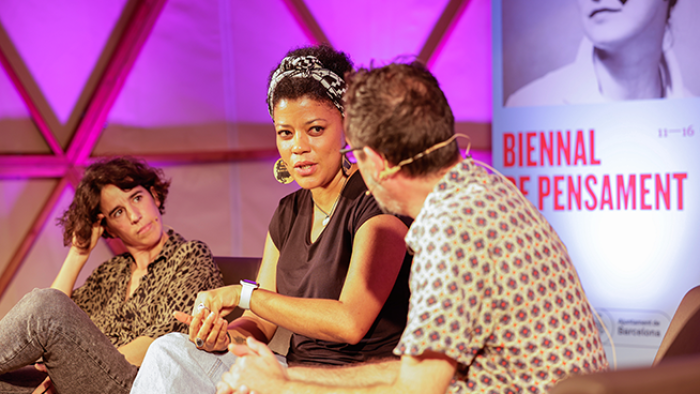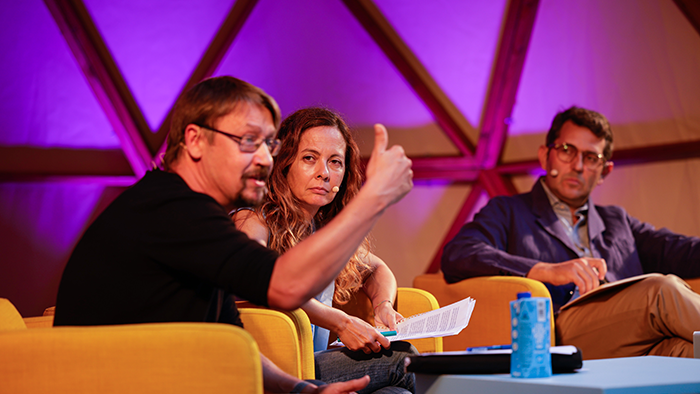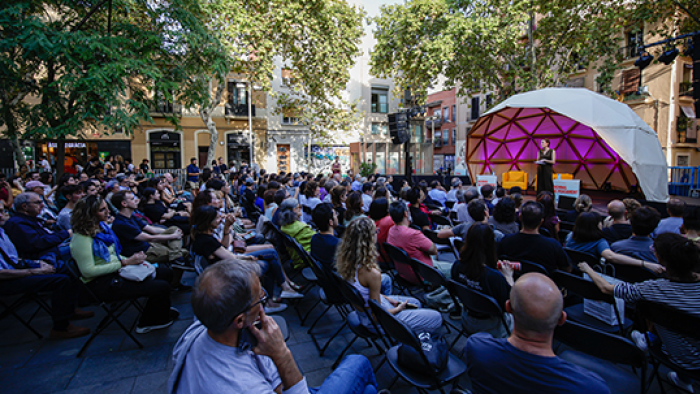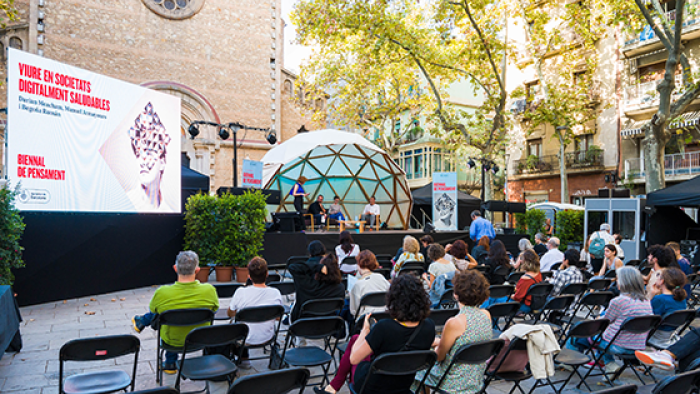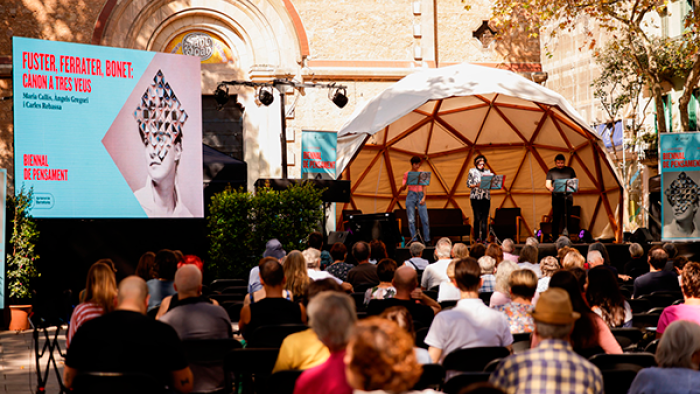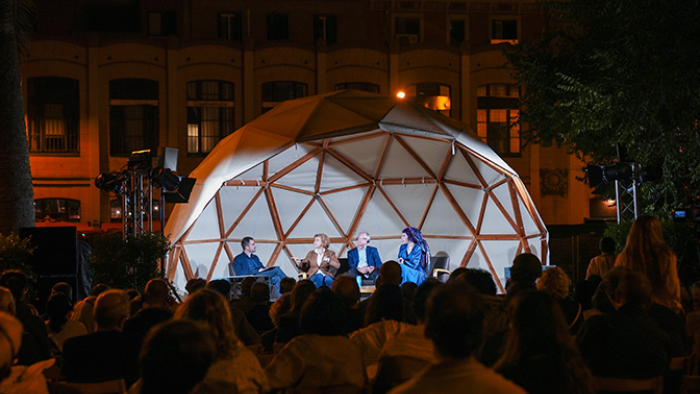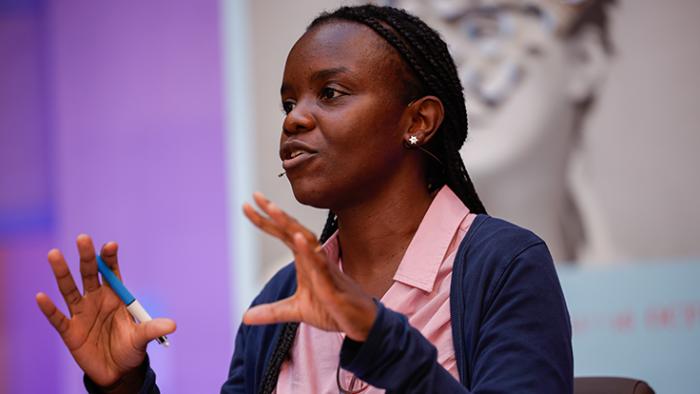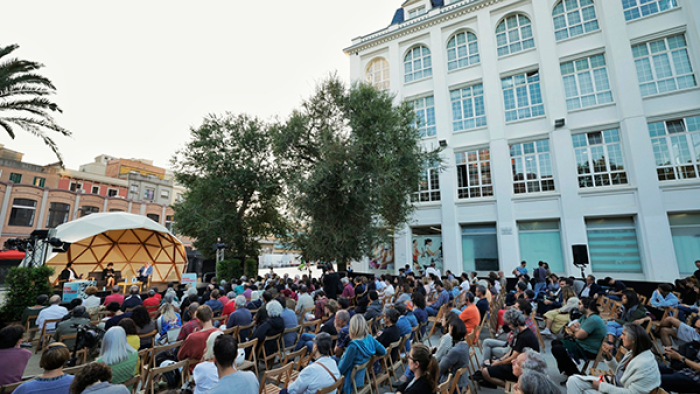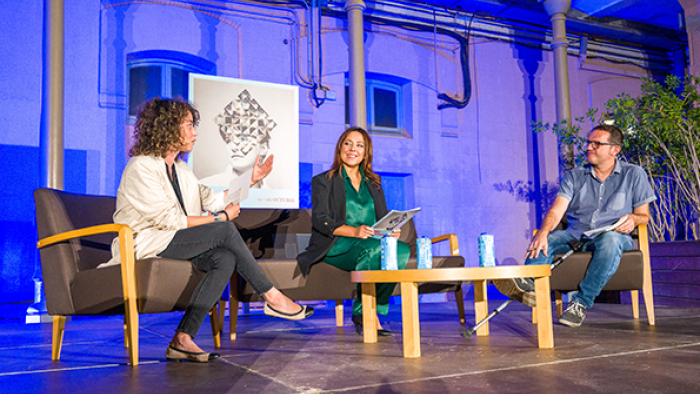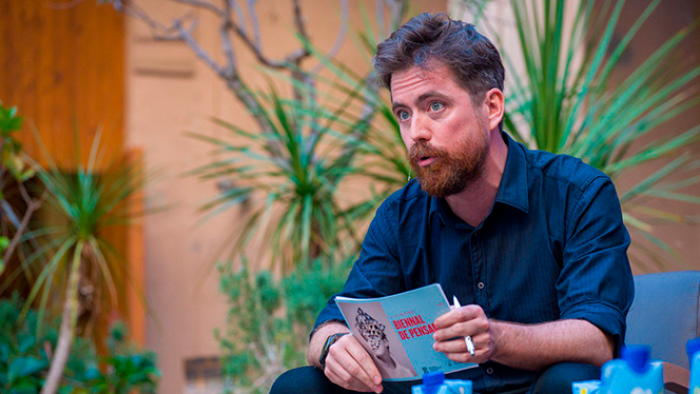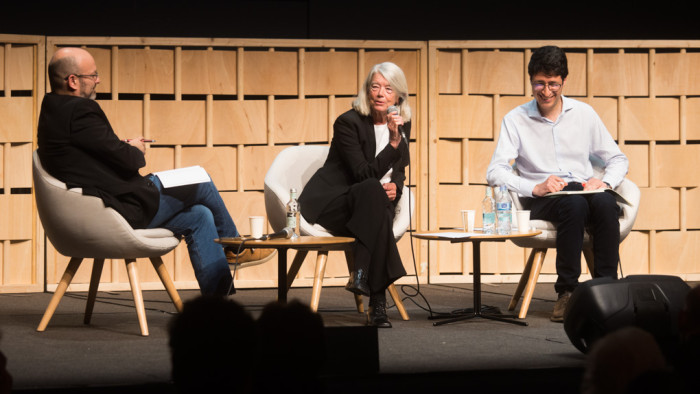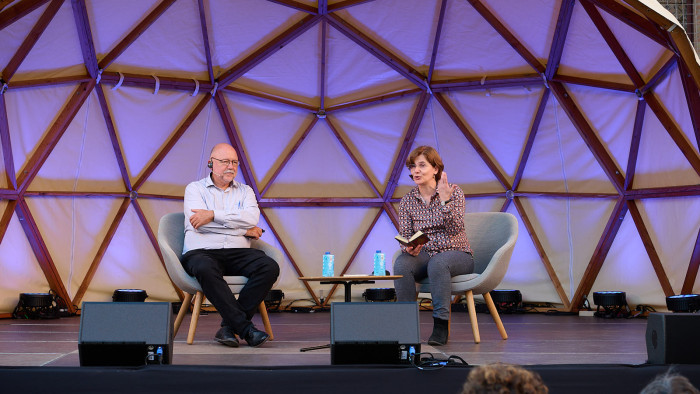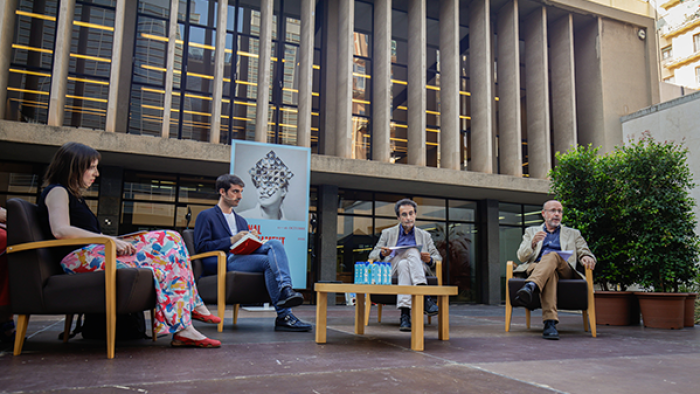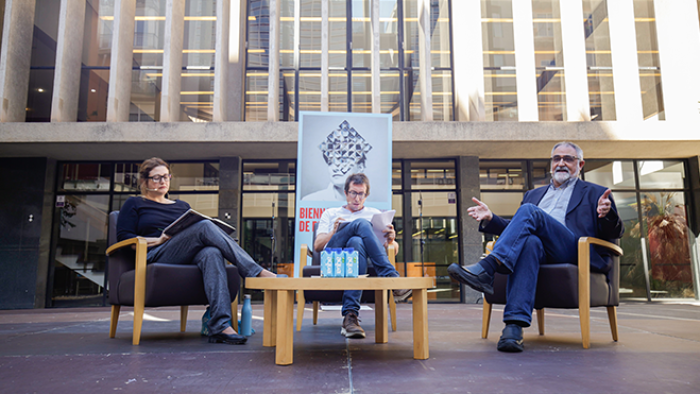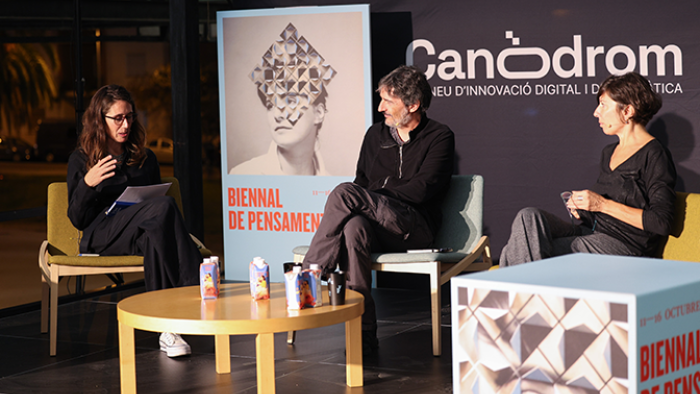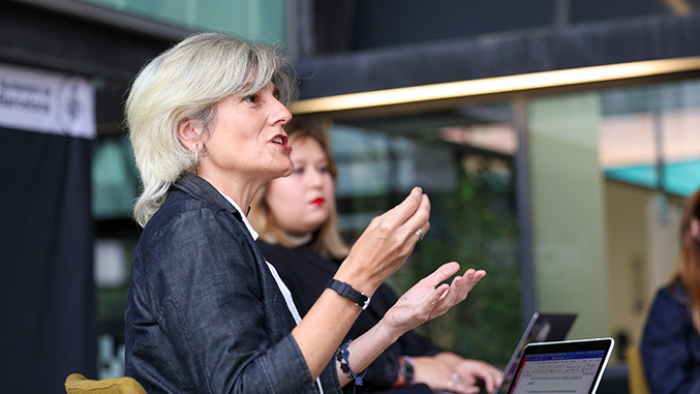Why don't the poor expropriate the rich?
Activity finished
- Where
- Plaça Reial
- Adress
- Plaça Reial, Barcelona
- Format
- Conversation-conference
In all countries, the poor outnumber the rich. If a country is democratic, the majority is necessarily made up of the poor. This being so, why don't the poor, taking advantage of the majority principle, vote to expropriate the wealth of those who have the most? What prevents them from passing a confiscatory tax that would allow wealth to be distributed equally? This question alarmed liberal elites in the 19th century, who opposed democracy in the belief that there would be a great deal of expropriation.
However, the degree of redistribution in democracies is limited. Various explanations have been proposed for the absence of large-scale expropriation, including the economic costs of such a measure, the role of money in politics, and ideological domination in a capitalist mode of production.
Resolving this question is fundamental to understanding how liberal democracies work. Despite the majoritarian bias of democracies, we tend not to spread the wealth as much as one might expect. Political scientists Adam Przeworski and Ignacio Sánchez-Cuenca will discuss these issues.
- Tipology
- Face to face
-
- Moderator
- Ignacio Sánchez-Cuenca
-
- Participants
- Adam Przeworski
